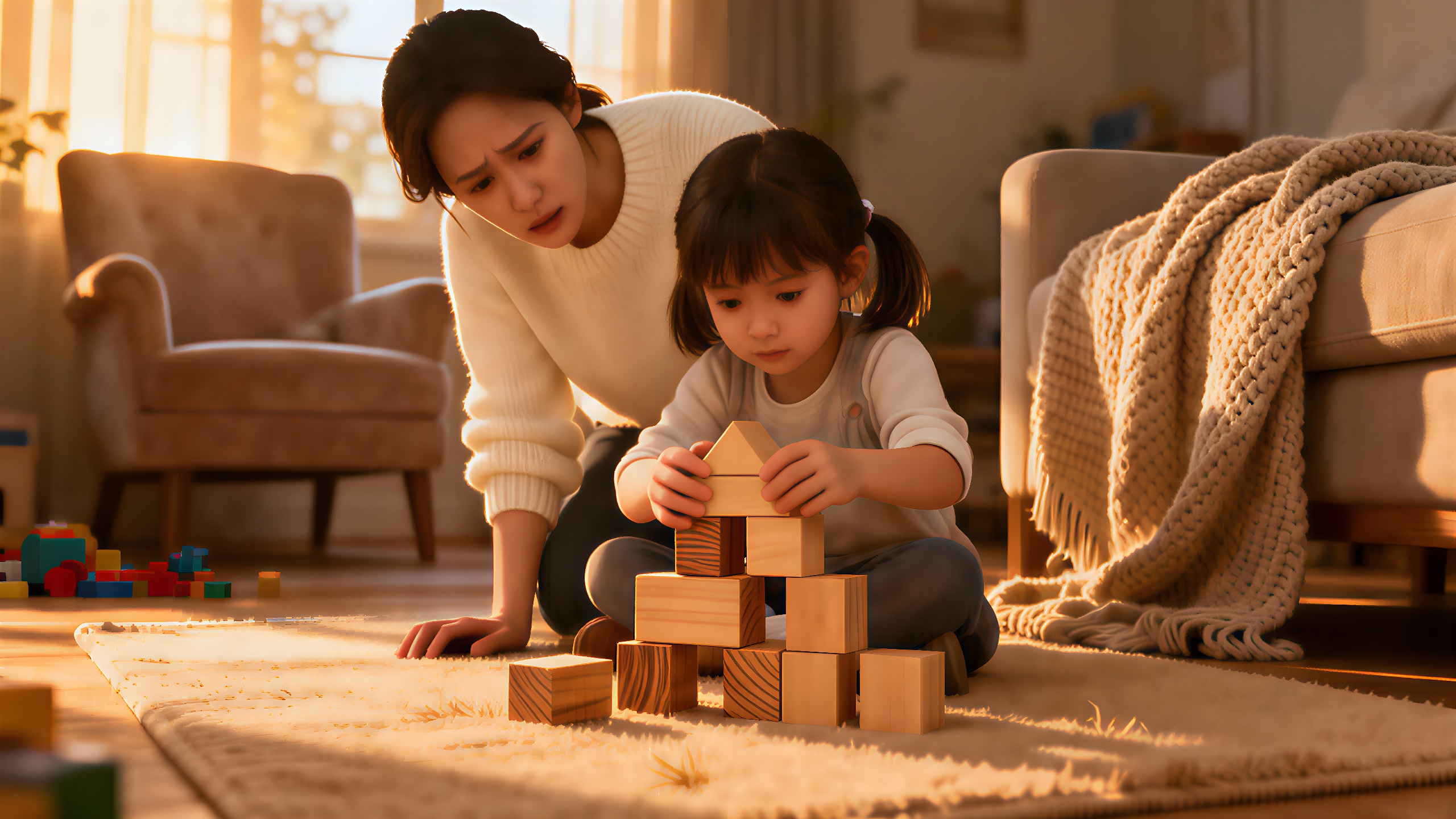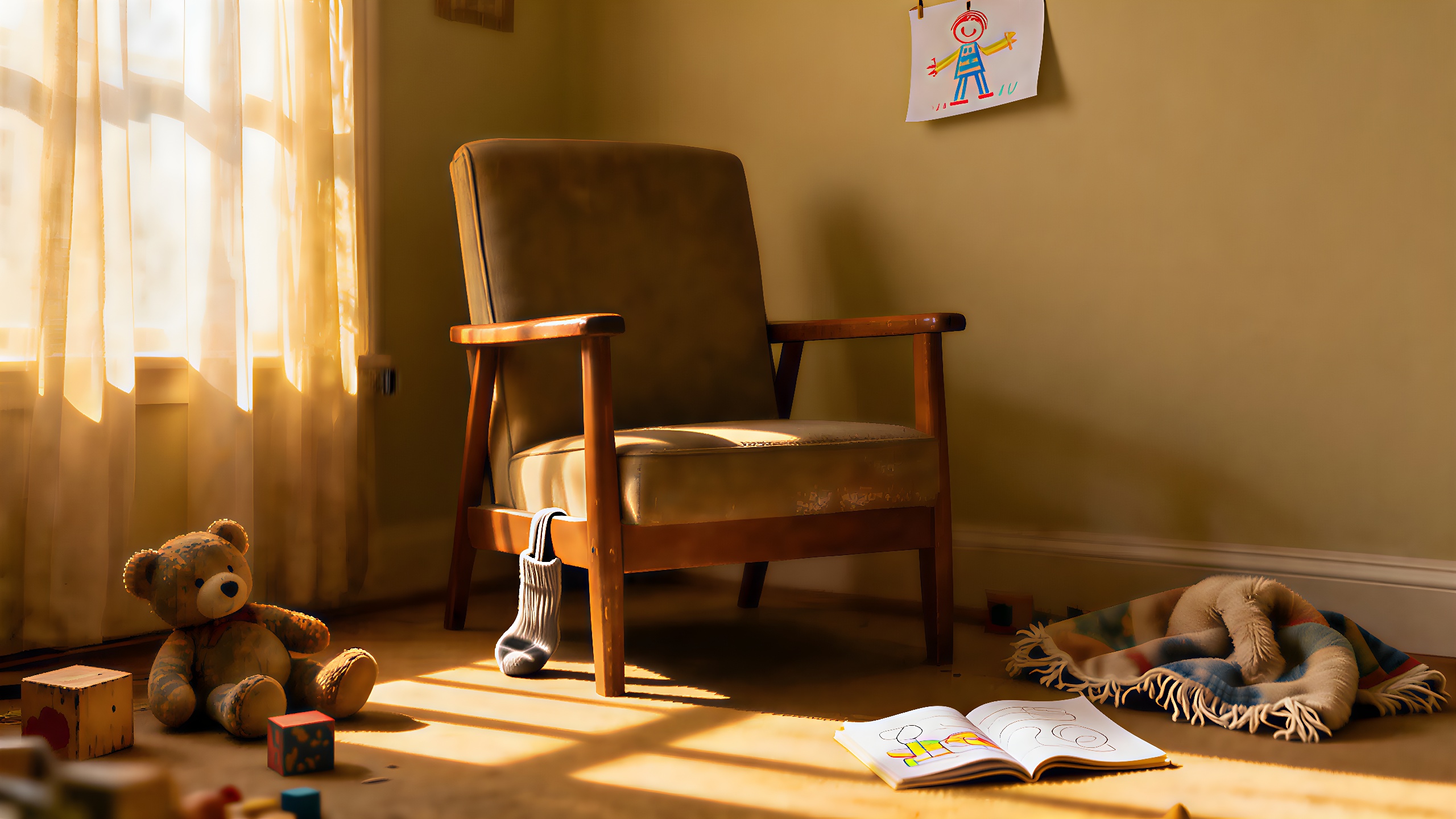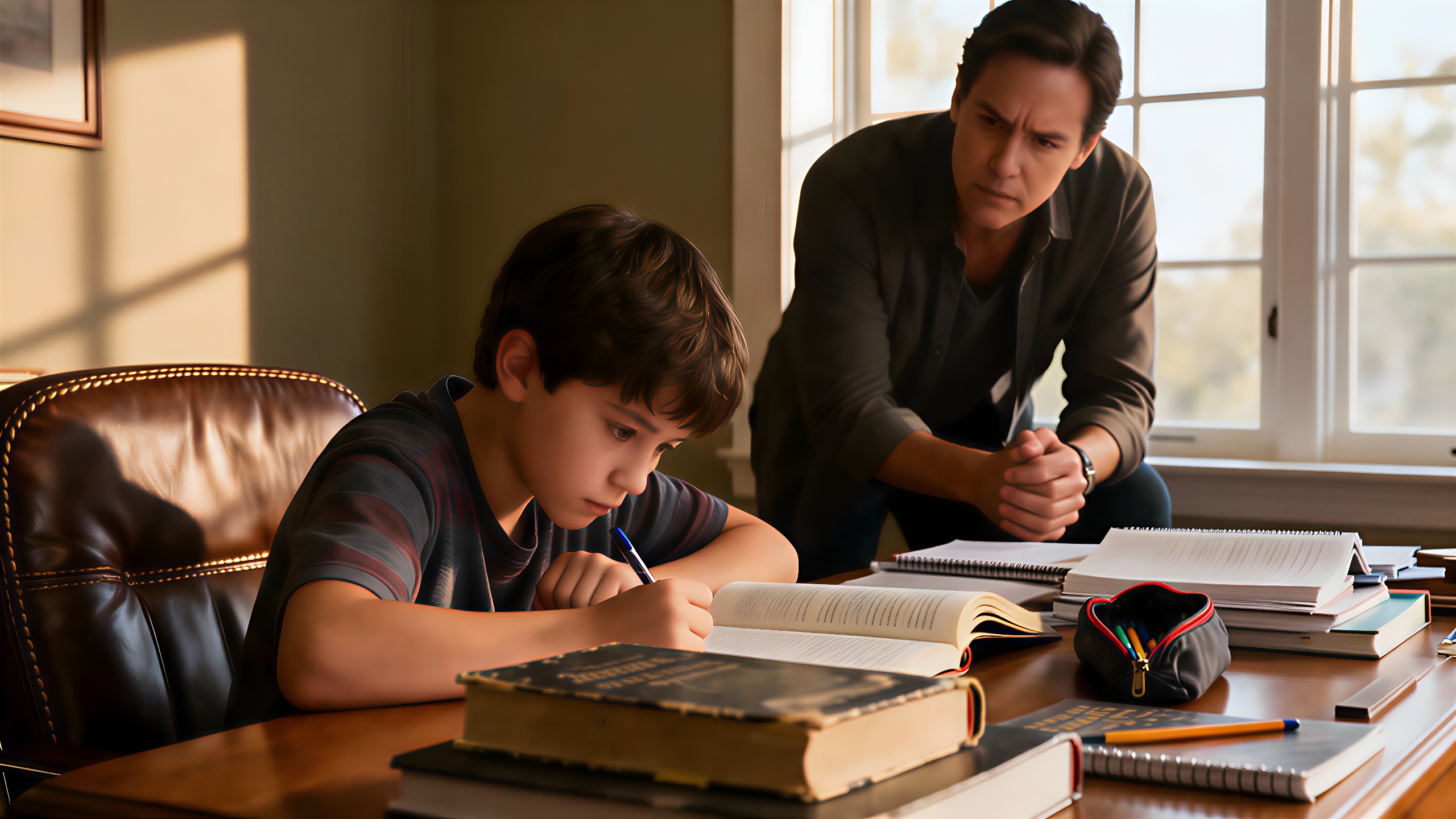Recognizing the Hidden Traps in Parenting

Raising our children is one of the most important and challenging tasks in life. Often, it is unconscious habits that we, as parents, may not even notice, but that can have profound effects on the well-being and development of our children. In this article, we take a look at twelve toxic habits of parents that can be counterproductive. Let us identify these patterns and find ways to overcome them so that our children grow up in a healthy and loving environment.
Another important point is that we must not only protect our children but also give them the opportunity to become independent and gather their own experiences. Overprotection too often leads to children not learning to cope with challenges. It can also prevent them from making their own decisions and learning from mistakes. By recognizing and changing these habits, we have the chance to raise emotionally healthy children.
Overprotection
An important aspect of overprotection is the loss of trust in the child's abilities. When parents constantly rescue their children, they send the message that the children are not capable of taking care of themselves. This can lead to low self-esteem and impair confidence in their own abilities. To avoid this, it is important to strike a balance between protection and freedom.

Emotional Neglect
Another aspect of emotional neglect is the absence of loving touches and attentive gestures in everyday life. Children need physical affection to feel safe and secure. Regular hugs, kisses, or simply holding their hand can work wonders. It strengthens the bond and emotional security of the children, which in turn improves their ability to cope with stress and challenges in a healthy way.

Excessive Pressure
A good approach is to appreciate their efforts instead of focusing only on the results. When you show your children that you value their efforts, they develop a positive attitude towards learning and growing.

It is up to us to provide our children with a safe and nurturing environment in which they can grow freely and develop as individuals. Be patient with yourself and your children, and remember that reflective and loving parenting is the key to a positive parent-child relationship.


